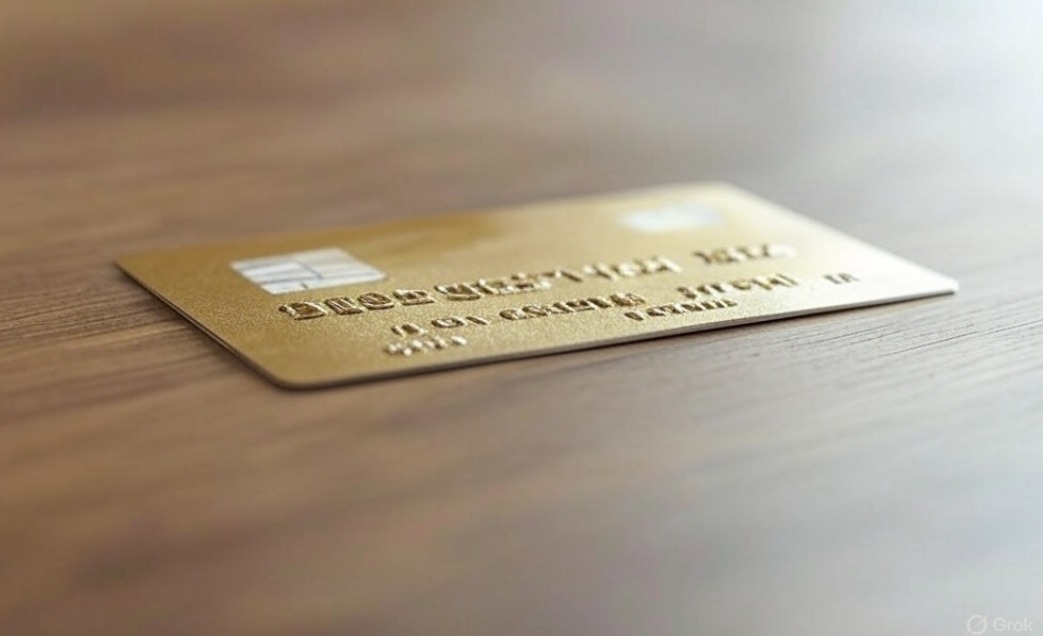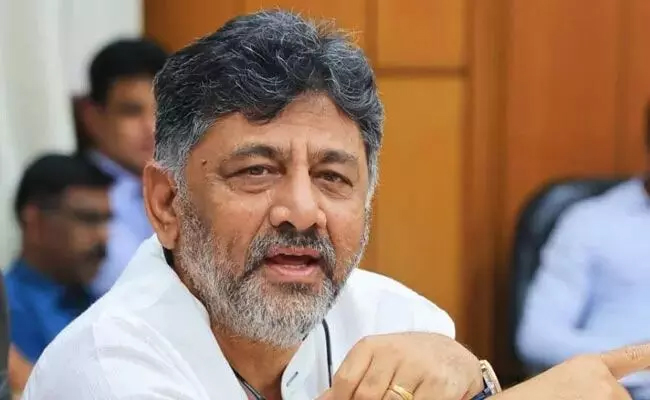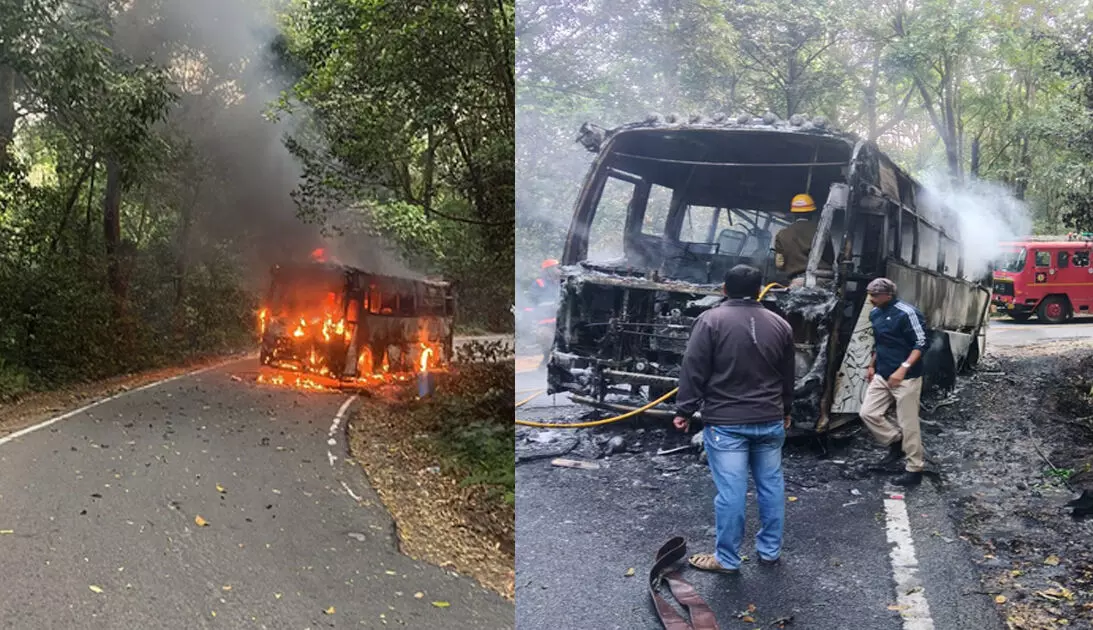The Reserve Bank of India (RBI) has reported a sharp rise in non-performing assets (NPAs) in the credit card segment, reflecting growing stress in unsecured consumer lending. According to the latest data, credit card NPAs jumped by 28.42 per cent to ₹6,742 crore during the 12-month period ending December 2024, compared to ₹5,250 crore in December 2023.
This increase comes despite the overall decline in gross NPAs of the banking sector, which fell from ₹5 lakh crore (2.5 per cent of advances) in December 2023 to ₹4.55 lakh crore (2.41 per cent) by December 2024. The credit card segment, however, showed a contrasting trend, with gross NPAs rising amid continued economic headwinds and rising consumer indebtedness.
Credit card outstandings grew to ₹2.92 lakh crore in December 2024, up from ₹2.53 lakh crore a year ago. The NPA ratio in this segment rose to 2.3 per cent, up from 2.06 per cent in the previous year. Notably, credit card NPAs have increased more than fivefold since December 2020, when they stood at ₹1,108 crore.
Despite banks tightening their overall lending norms, personal loans and credit cards have emerged as stress points. Credit card dues, being unsecured and carrying high interest rates—ranging from 42 to 46 per cent per annum on overdue balances—pose a significant risk for both banks and borrowers. A credit card account is classified as an NPA if dues remain unpaid for over 90 days.
The surge in credit card usage is evident in transaction data. The value of credit card transactions tripled over the past three years, reaching ₹18.31 lakh crore in the year ended March 2024, compared to ₹6.30 lakh crore in March 2021. Monthly credit card spends touched ₹1.84 lakh crore in January 2025, up from ₹64,737 crore in January 2021. Meanwhile, the number of credit cards issued rose to 10.88 crore in January 2025 from 6.10 crore in January 2021.
Bank officials attribute the rise in card adoption to attractive offers such as reward points, lounge access, and short-term credit facilities. However, they caution that failure to repay dues beyond the interest-free period leads to extremely high interest charges and credit score deterioration, increasing the risk of borrowers falling into a debt trap.
In response to rising exposure in unsecured lending, the RBI in November 2023 raised the risk weight on bank exposures to consumer credit, credit card receivables, and non-banking financial companies (NBFCs) by 25 per cent to 150 per cent. The central bank’s Financial Stability Report noted that while demand for credit remains strong, the move has moderated growth in personal loans and credit card receivables.
Let the Truth be known. If you read VB and like VB, please be a VB Supporter and Help us deliver the Truth to one and all.
New Delhi/Bengaluru (PTI): Karnataka Deputy Chief Minister D K Shivakumar on Monday said he will ask for time from Delhi police to appear before them next week, to provide required information as part of the probe into the National Herald case.
He said he will seek time after the ongoing winter session of Karnataka legislature ends on December 19. He will also ask the Delhi police to provide him the FIR copy.
Shivakumar, who is in the national capital, had earlier said that he will appear before the Delhi police on Monday. But, he postponed the plan in order to rush back to Karnataka to participate in the last rites of veteran Congress leader Shamanuru Shivashankarappa, scheduled later in the day in Davangere.
"I had to go (to appear before the Delhi police), but I have to go back urgently. I'm asking them for time, stating that I will come next week," Shivakumar told reporters in New Delhi.
"They (Delhi police) have not attached the FIR copy while issuing notice to me. I need FIR copy, because we had already given all the required replies to the ED. I don't know what the FIR says, I only read in papers. They have given notice, I will ask for a FIR copy. I will come next week after the Assembly session."
The Delhi Police had issued a notice to Shivakumar, who is also the Karnataka Congress chief, seeking financial and transactional details as part of its probe into the National Herald case.
The notice issued by the Economic Offences Wing (EOW) states that Shivakumar is "supposed to be having vital information" pertaining to the National Herald case registered on October 3 this year, against top Congress leaders Sonia Gandhi and Rahul Gandhi.
In the notice dated November 29, the EOW had asked Shivakumar to appear before it or provide the requested information by December 19 latest.
Investigators have sought details about his personal background, his association with the Congress party, and a complete break up of funds allegedly transferred by him or associated entities to Young Indian.
To a question on meeting AICC General Secretaries K C Venugopal and Randeep Singh Surjewala, amid the ongoing power tussle between him and CM Siddaramaiah over the Chief Minister post, Shivakumar said when he comes to Delhi, he usually meets every one.
"Whether it is Surjewala or Kharge (AICC President Mallikarjun Kharge) or Venugopal, I will meet everyone. During lunch yesterday I met Rahul Gandhi and Sonia Gandhi. I have met everyone. What's wrong?" he asked.
Shivakumar was in Delhi to take part in Congress' "Vote Chori" rally on Sunday, and had also participated in the lunch organised by the party for its leaders.
Responding to a question, whether any meeting is planned with leaders today, the Deputy CM said, he and Kharge will be travelling together to Karnataka, to pay last respects to Shamanuru Shivashankarappa.
Asked if he will seek time for a separate meeting with Congress leadership including Rahul Gandhi, during the next visit to Delhi, Sivakumar said, "such things will be there between us in the party.... you don't worry."





